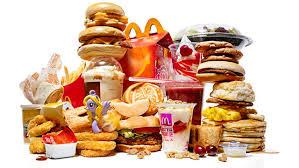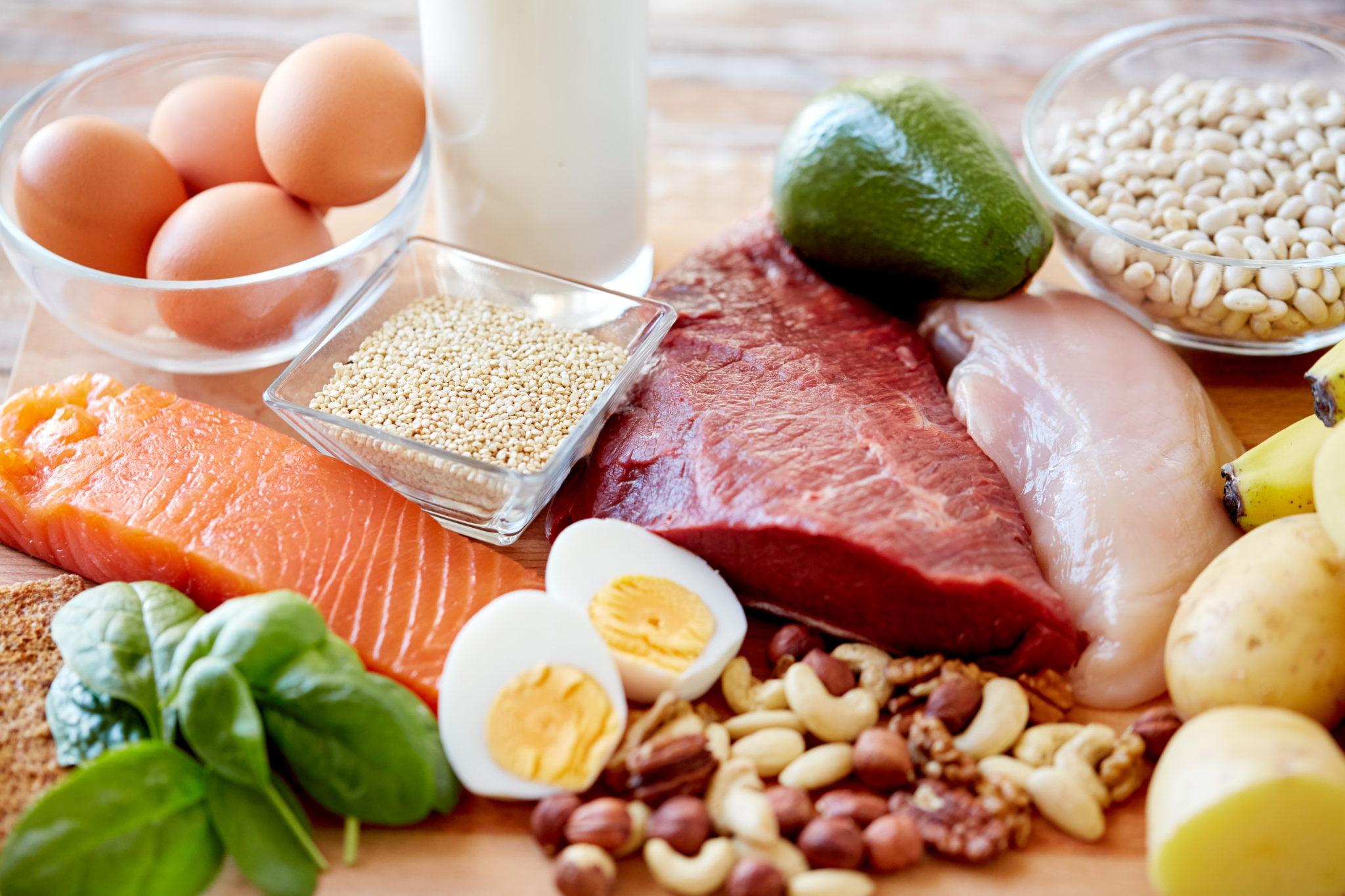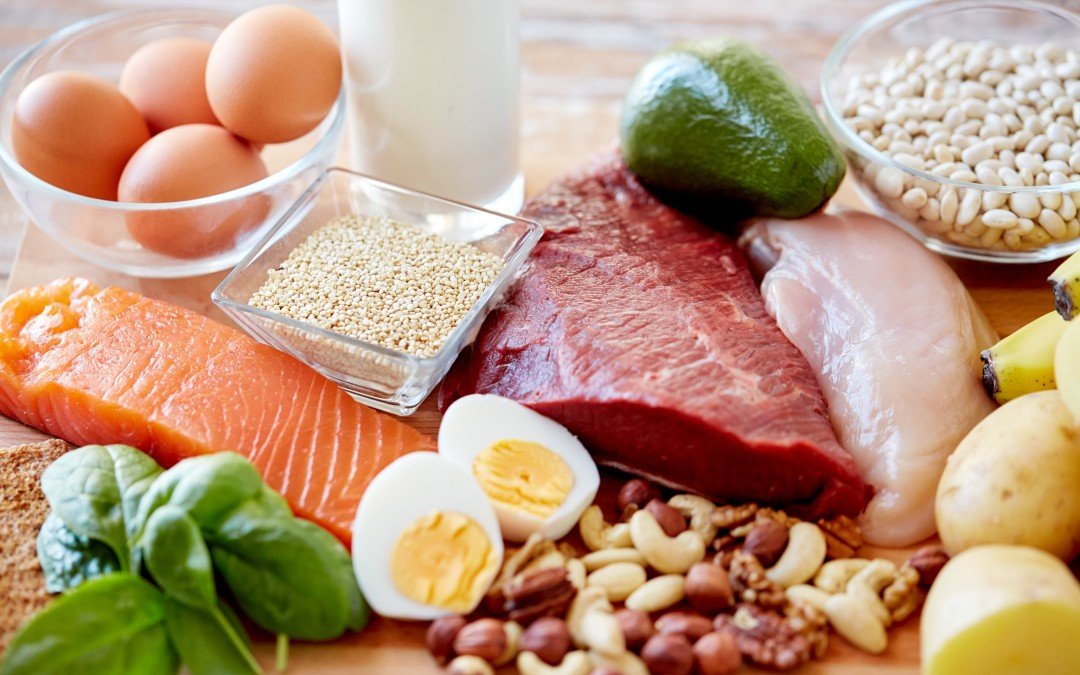A common health myth that has been perpetuated over the years is fat is bad for you and that makes you fat. This couldn’t be further from the truth. In this article, we’ll delve into it, the role of fat in the body, the benefits, and the best food sources of fat.
As you may know, macronutrients are nutrients needed by the body in large quantities. These substances provide calories or energy and are needed to perform bodily functions and survive. They are grouped as carbohydrates (carbs), proteins and fats. Calories from fat are more dense that those from carbs or proteins. This is the case since 1 gram of fat equals 9 calories, whereas 1 gram of protein or carb equal 4 calories.
This calorie density has propagated the belief that it makes you fat and that is not good for you. But the reality is that not all calories are created equal. The quality of the calories, not necessarily the quantity, is what matters most. The food you eat impacts your bodily functions (mood, energy, metabolism, hormonal, digestive, circulatory, and immune system, etc.) in diverse forms. In other words, 300 calories from a cake are totally different than 300 calories from an avocado; they produce a different set of physiological reactions and affect metabolism and body composition differently.


FAT and FAT LOSS
The macronutrient source does also affect metabolism and appetite differently. Fat as taboo as it is, it has tremendous benefits for the body. Not only that, it can positively affect the way you look. Consumption can help you to burn more calories and feel less hungry.
- A study by the National Institutes of Health found that while consuming the same amount of calories, those consuming more of it instead of carbs, burned 100 more calories per day. This loss equates to 10 pounds a year, just from the caloric source. It was also reported that hunger and craving centers in the brain are shut off with higher consumption.
- Research published in the Journal of the American Medical Association reported that a high-fat low-carbohydrate diet had more successful results associated to loss and weight-loss maintenance over time.
- Another study published in Science Daily concluded that those eating high-fat diets experienced faster metabolisms compared to those on low-fat, high-carb diets.
The above research does not necessarily mean that carbs are bad. Here we are talking about non-healthy carbs (white flour products, sweets, baked goods, potato chips, french fries, etc.), not complex carbs (vegetables, beans, lentils, quinoa, brown rice, etc.). These unhealthy carb sources raise the blood sugar, spike insulin levels, and consequently slow the metabolism and lead to storage in the body. At the same time, this whole process induces cravings and overeating, creating a vicious cycle. So, try to avoid the regular consumption of simple carbs.
Eat more FAT!
Keep in mind that when i’m talking about eating fat, I am not talking about eating a fattening diet. That’s the misconception. These are some of the good fats you should incorporate into your diet:
- Coconut oil and extra virgin coconut butter
- Avocados
- Nuts (pecans, cashews, walnuts, almonds, brazil and macadamia nuts, etc.)
- Seeds (chia, flax, hemp, pumpkin, sunflower, sesame, etc.)
- Fatty fish (salmon, sardines, mackerel, herring, etc.)
- Extra virgin olive oil
- Grass-fed hormone free animal products (meats, butter, ghee, etc.). Follow the great recommendations from the Environmental Working Group (http://www.ewg.org/meateatersguide/)

Remember, you have the control over how your body looks and feels… Give it the best
Do your body a favor and avoid being afraid of eating FAT – it is great for you!!
To a Fitter Healthier You,
Adriana
The Fitness Wellness Mentor



